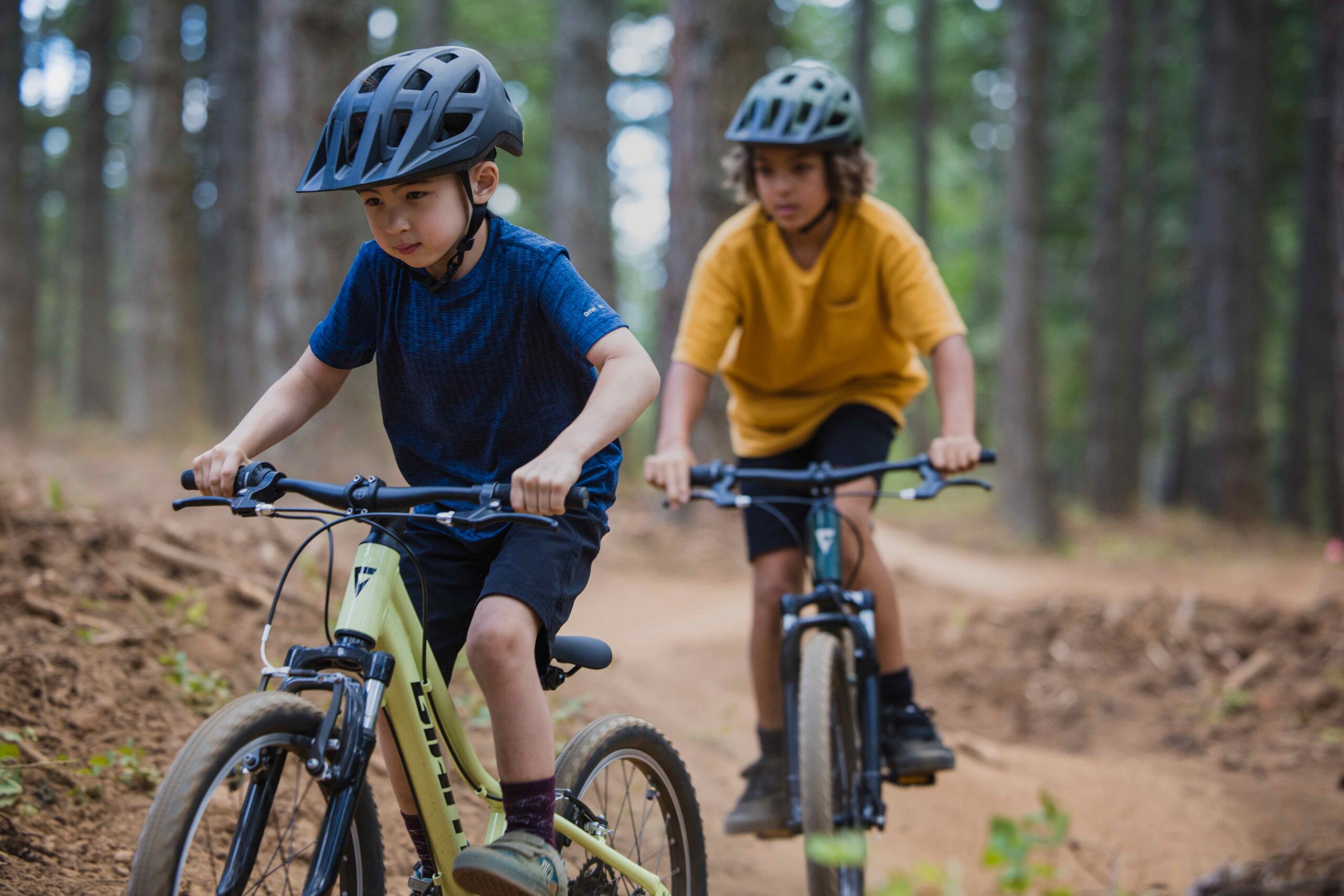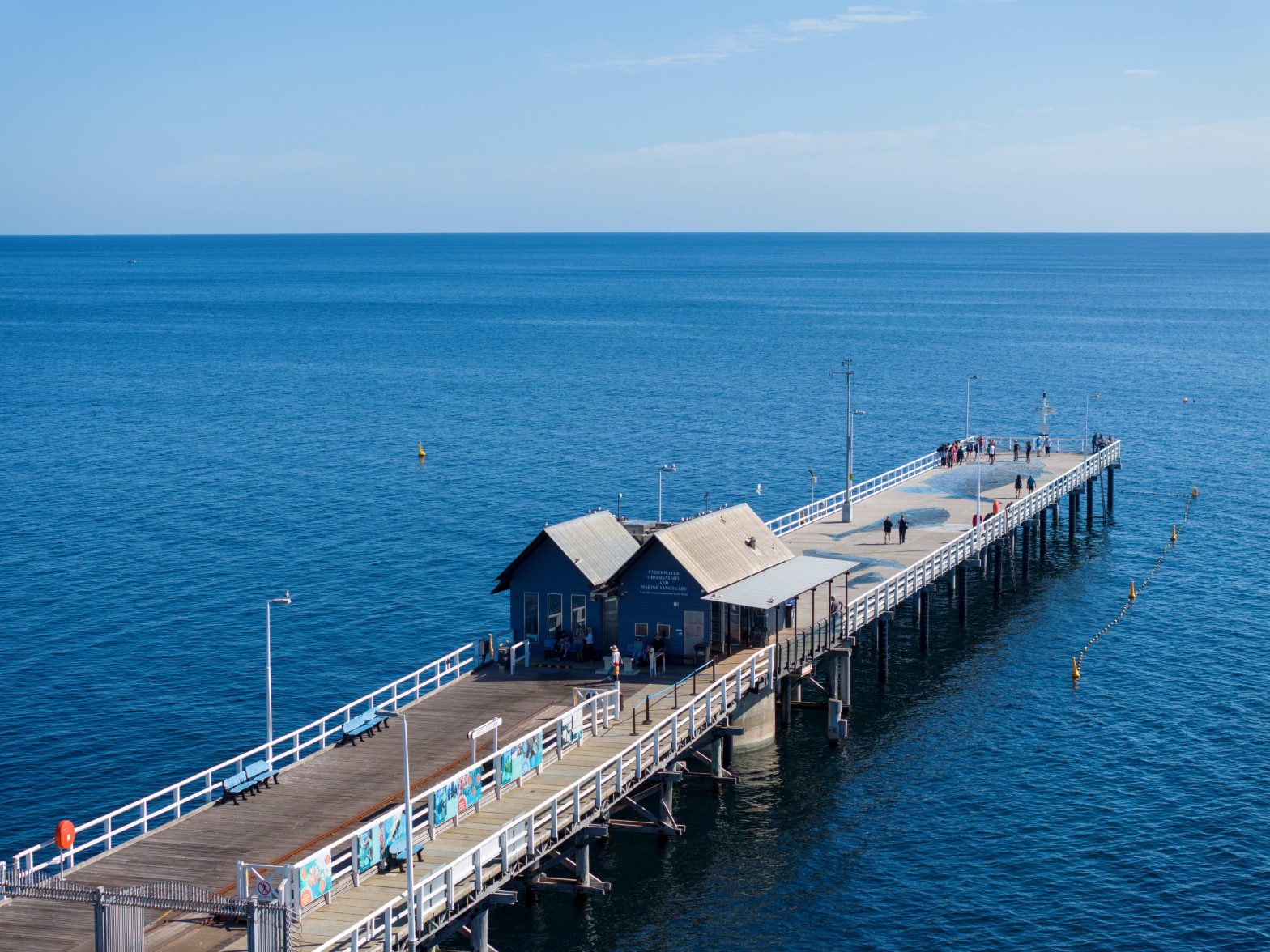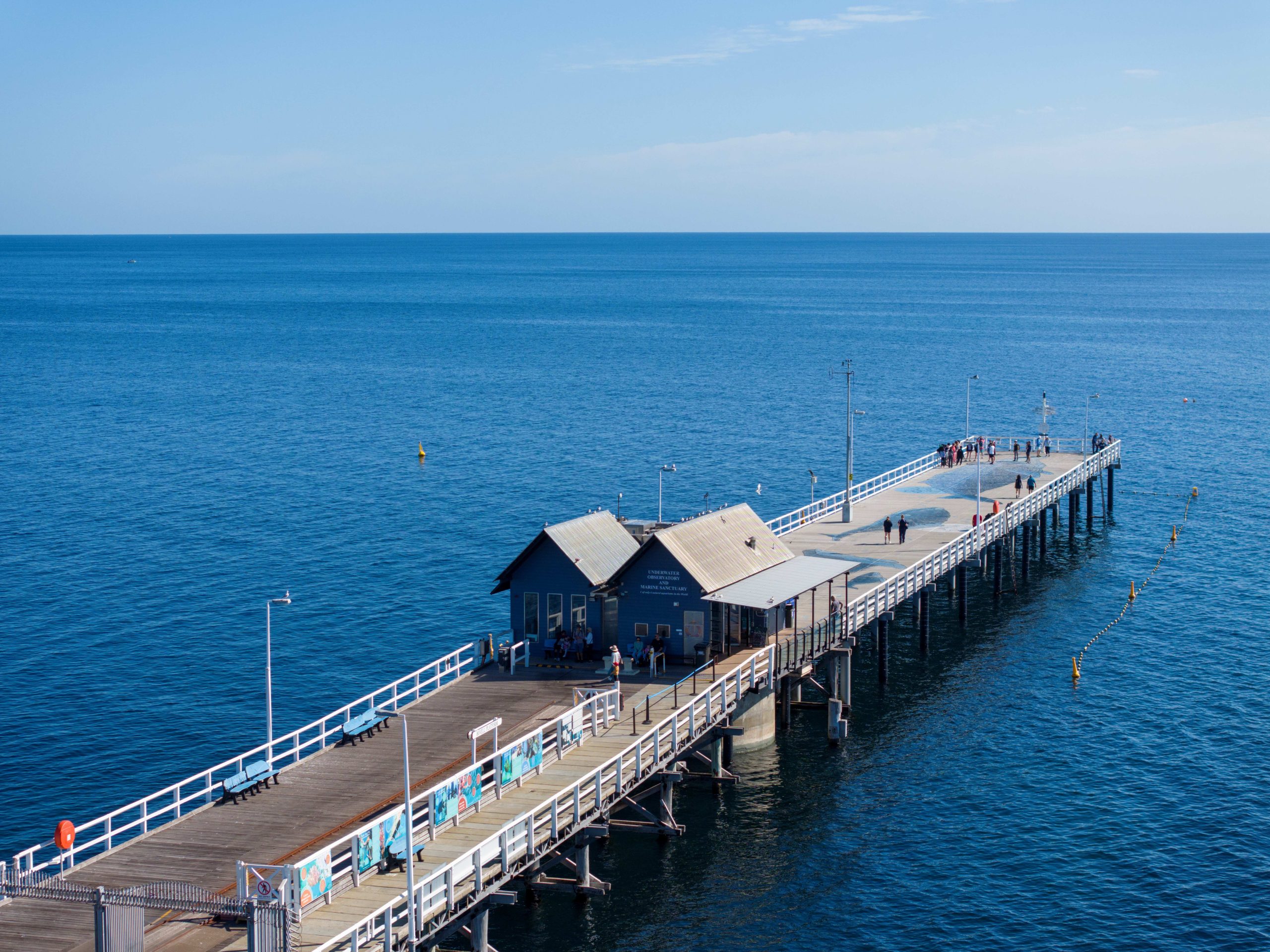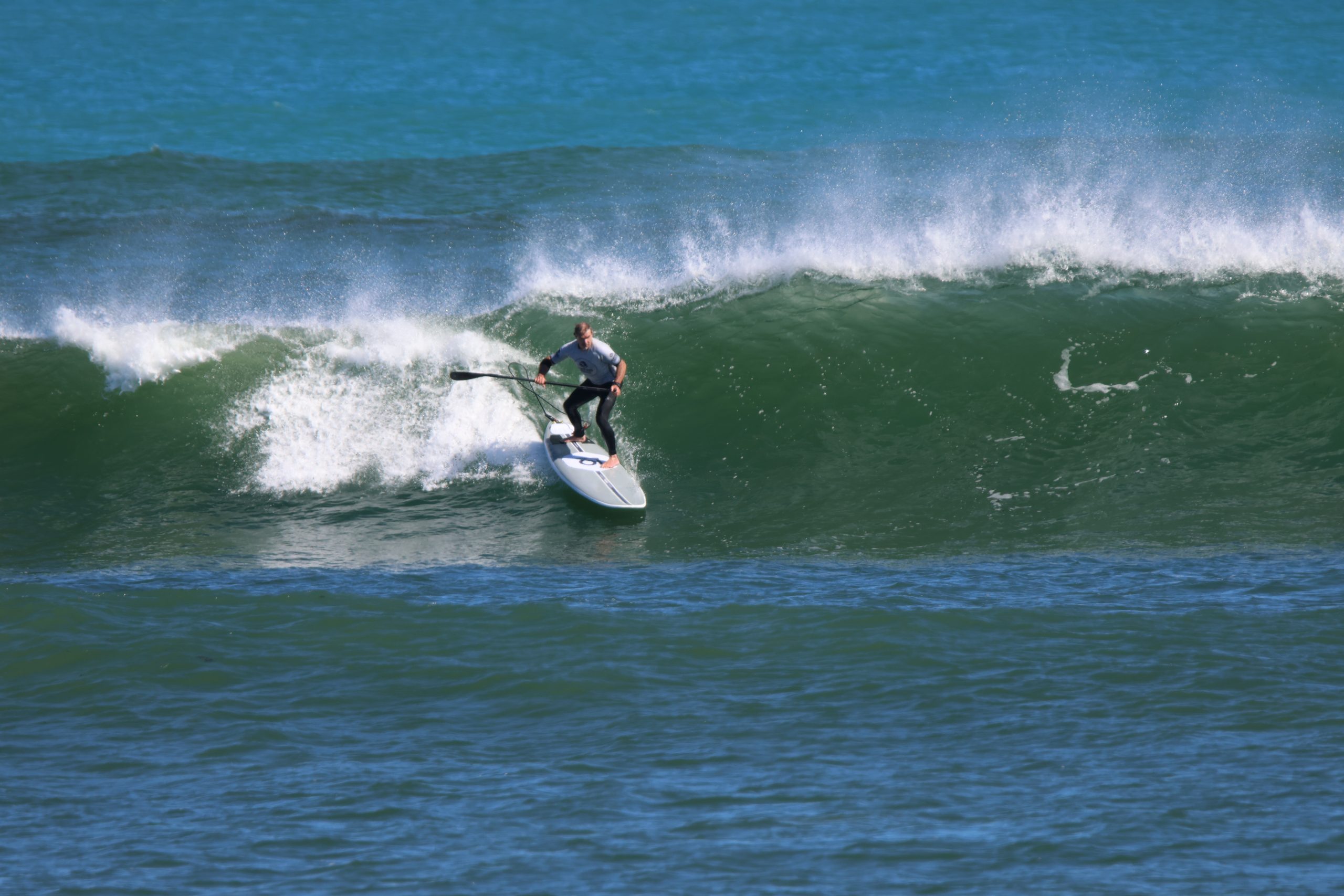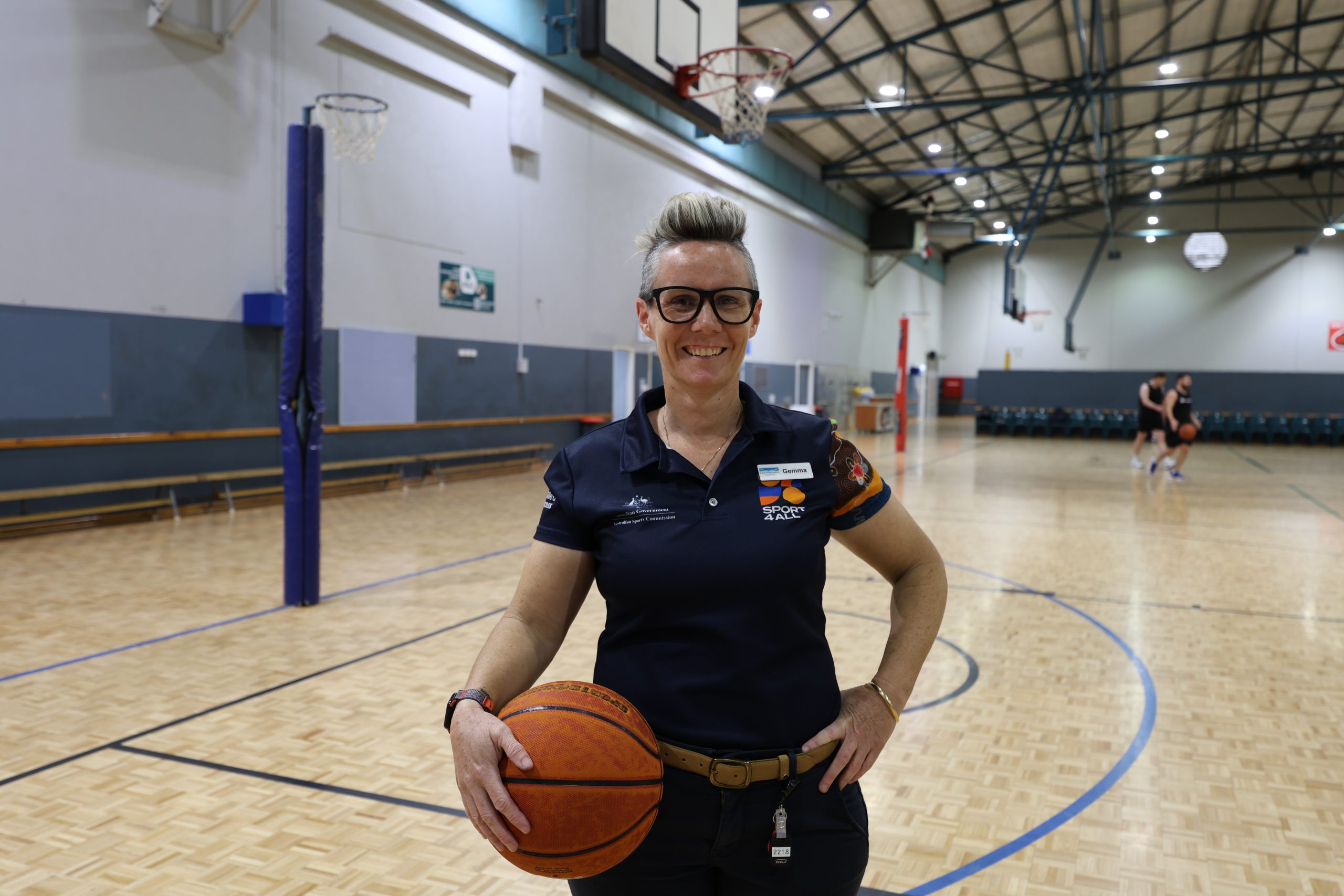Iconic winery hits Sustainable Tourism target
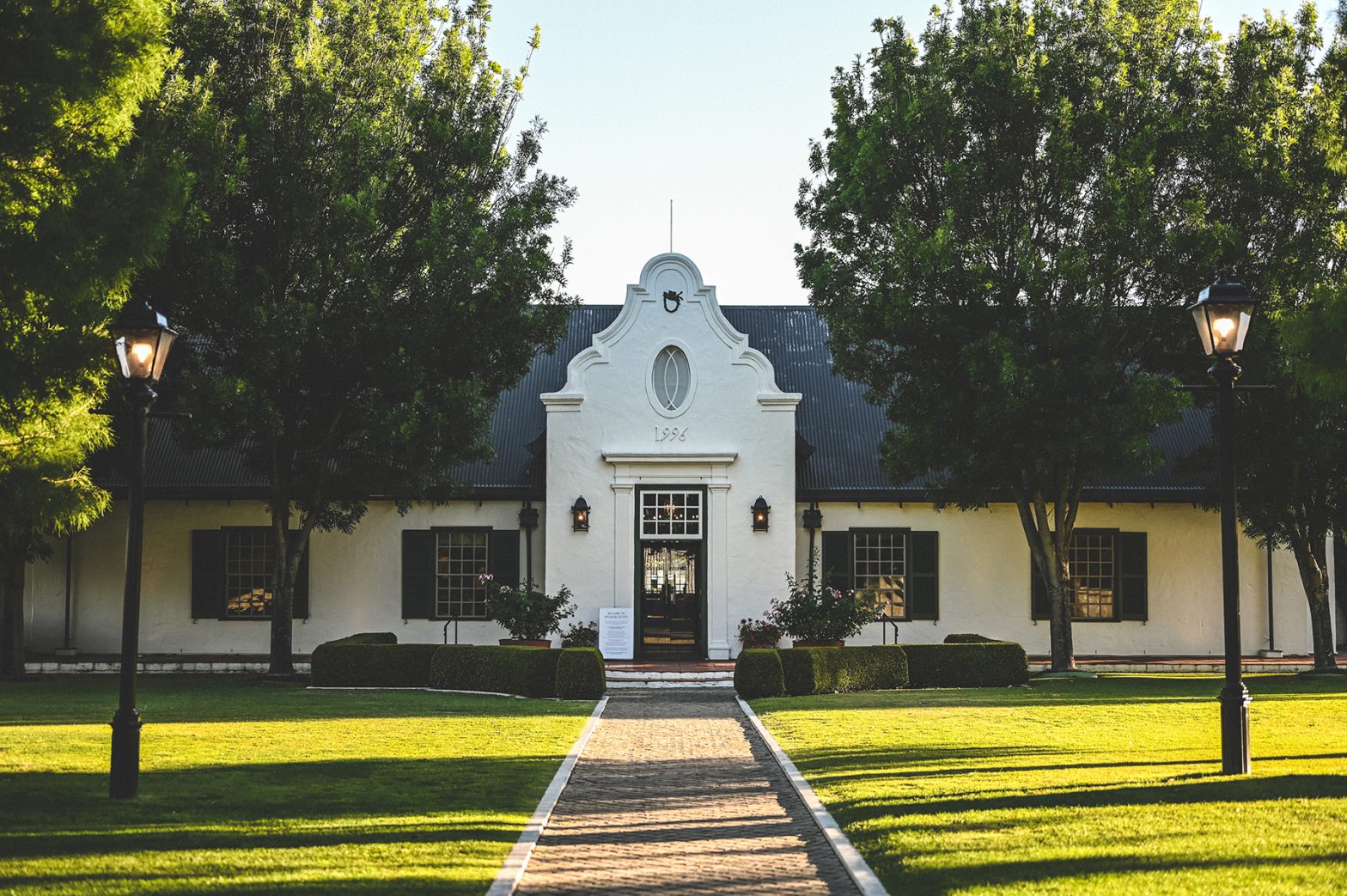
Voyager Estate has become the first traditional winery in Australia to earn Sustainable Tourism Certification from Ecotourism Australia. Image Supplied
Voyager Estate reached another milestone on April 1, when it became the first traditional winery in Australia to earn Sustainable Tourism Certification from Ecotourism Australia.
The family-owned winery in Margaret River, dedicated to regenerative farming and environmental stewardship, consistently inspires by striving to integrate sustainable practices throughout its entire operations – from the vineyard to the table and guest experiences.
Established in 1991, Ecotourism Australia is the leading organisation for sustainable tourism, promoting global best practice standards through The Green Travel Guide.
While many tour operators and accommodation providers are certified, Voyager Estate is now recognised as Australia’s first traditional winery to receive this acknowledgement.
Their journey began in April 2024 with the Strive 4 Sustainability Scorecard, an evaluation tool that helps businesses assess their position on the sustainability spectrum before pursuing full certification.
“We received 90 percent for our evaluation in June 2024,” Janine Carter, Head of Tourism and Business Development, explained.

“This strong result encouraged us to move straight into the full certification process.”
The comprehensive assessment examines various categories, including carbon offsetting, sustainable measures, and recycling practices.
“You need substantial documentation and evidence,” Janine noted.
“If you’re going to badge yourself as being sustainably certified, you must prove that.”
The certification process evaluates community engagement alongside environmental initiatives.
“It’s also about how you support your community,” Janine said.
“From employing staff to partnering with local businesses and supporting charitable activities.”
Through its Voyager Community program, established in 2021, the winery supports grassroots organisations focused on environmental and community well-being projects from Busselton to Augusta.
These efforts continue a 30-year tradition of community involvement, including sustainable farming practices, revegetating the Boodjidup catchment, participating in Owl Friendly Margaret River, and many other initiatives, such as donating prizes for local fundraising raffles and auctions.
The certification process also examines what Janine calls “the halo effect” – a business’s influence on its broader network.

“A tourism business is so wide-ranging. When you break it down, you must ask: who are your tour companies, food suppliers, cleaning contractors, and tradespeople?
“We use local producers and contractors instead of trucking everything from Perth.
“The process really shows how you’re working within the community, reducing the carbon footprint and supporting the local economy,” she added.
Cultural engagement proved particularly enlightening.
“As a wine business, it wasn’t something we’d deeply explored before,” Janine admitted.
This reflection led to the creation of their first Kambarang Art Exhibition, focusing on Indigenous artists, which will launch this October to celebrate spring growth – an essential season in both the Wadandi and Noongar calendars and for vineyards.
The process helped us identify areas where we can improve at all levels, inclusively and culturally, not just in terms of business.
“It’s a whole business audit – examining everything from financial operations to marketing messages. It’s about how we operate for the greater good.”
The certification process also helped formalise many existing practices.
“All our staff knew we prioritised sustainability, but we needed documented evidence of our intent,” Janine said.
“Now, we have processes in place to ensure we stay on track with our operational goals.”
Adam Elton, Head of Guest Experience and Direct Sales, views the certification as a natural progression.
“This was the next meaningful step in solidifying our tourism vision aligned with our sustainable values,” he said.
“It’s something the whole team is really proud of, offering guests reassurance that their visit supports genuine, measurable sustainability efforts, not just in the glass, but throughout their entire time at the Estate.”
The certification complements Voyager’s impressive sustainability credentials, which include Certified Organic status for their vineyard and winery, Sustainable Winegrowing Australia certification, and Silver Membership in International Wineries for Climate Action.
For businesses considering certification, Janine recommends the process while acknowledging its thoroughness.
“It’s a great roadmap for reviewing and growing your business in a sustainable direction,” she said.
“The validation for our team has been fantastic – they can see their work recognised and valued.”
The three-year certification includes regular audits to ensure ongoing commitment.
“We’ve broken the back of the hard work. Now we have management ready, making future audits straightforward.”
Janine actively shares their experience with other businesses.
“We want to see the region thrive, so helping others is a given!
“Ecotourism Australia provides helpful templates for operational planning, which is particularly valuable for smaller businesses starting their journey.”
The certification inspires continued innovative growth at Voyager Estate.
“We’ll implement new initiatives while ensuring our current processes stay strong,” Janine said.
“It’s about consolidating our practices, maintaining our environmental promises, and staying true to the cause for the next three years and far beyond. ”
For Adam Elton, this commitment to sustainability defines Voyager’s culture.
“It’s fantastic to work for a winery that takes its responsibility seriously in caring for the land. It would be difficult to work in a business that didn’t demonstrate this level of commitment to sustainability because it is so important.”












